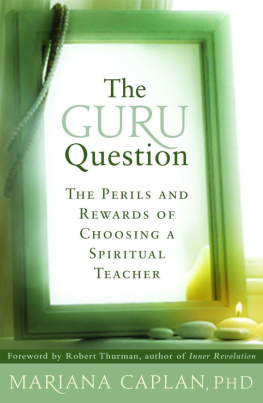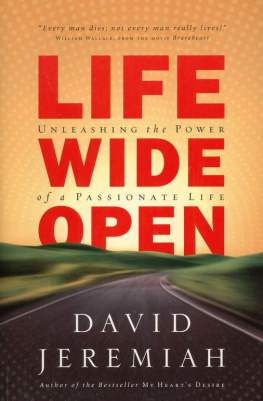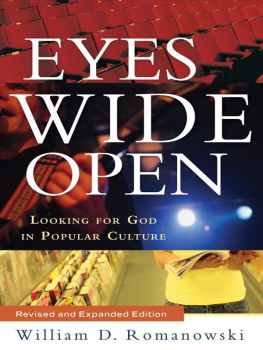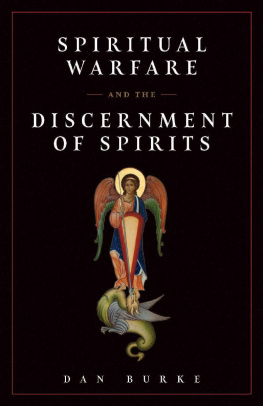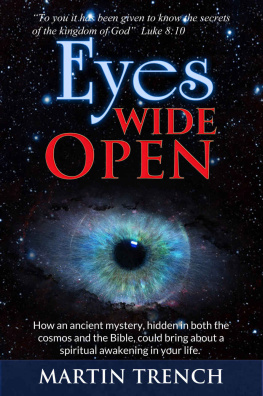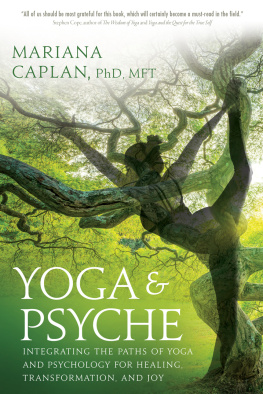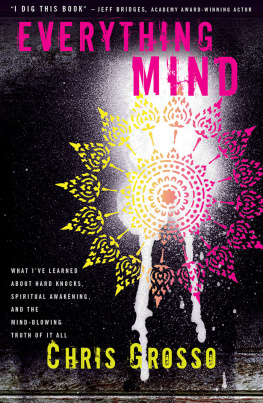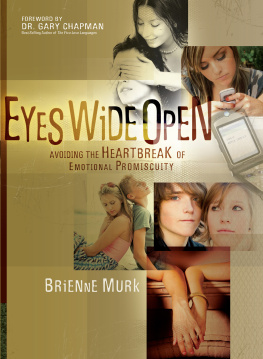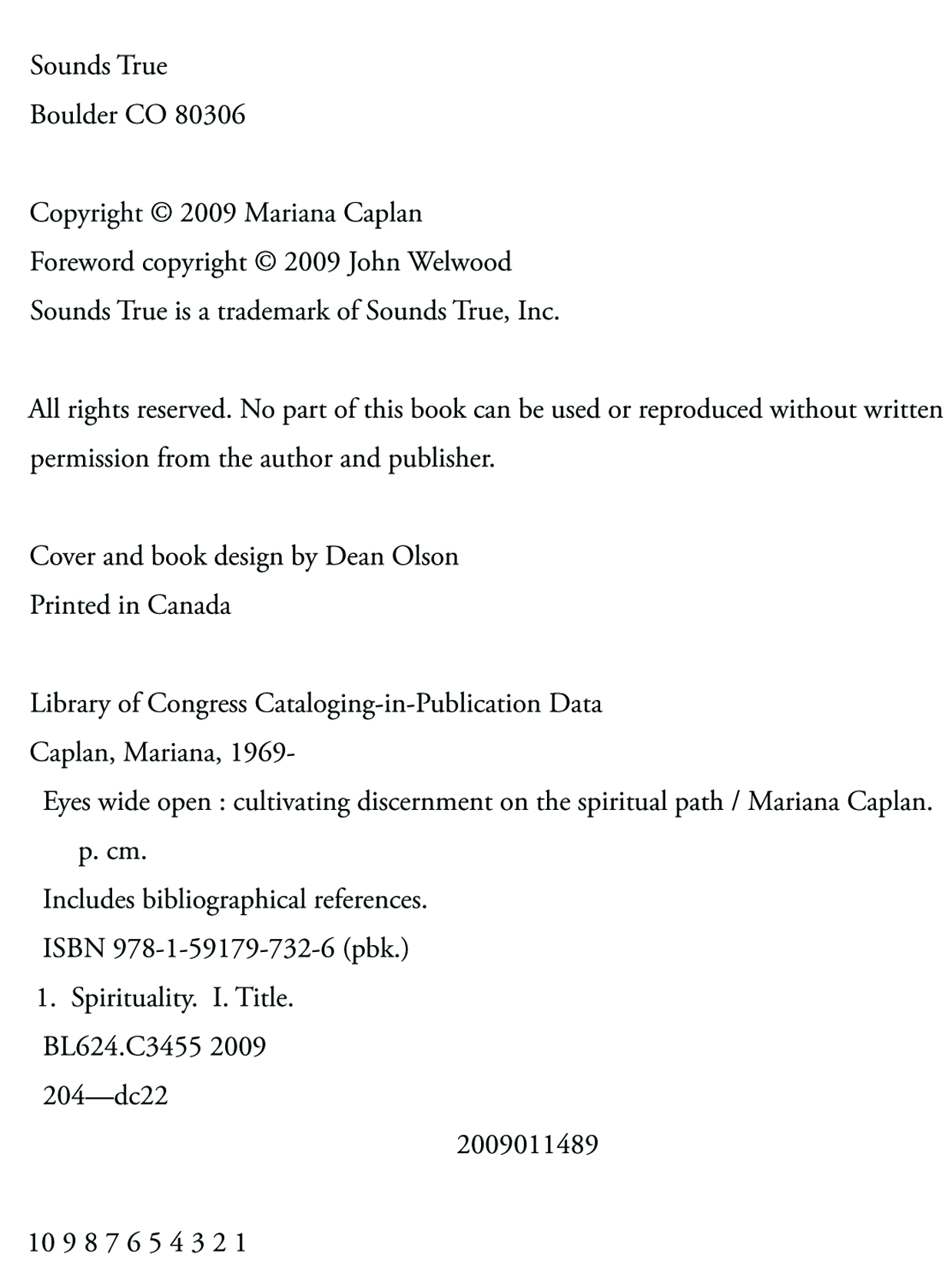EARLY PRAISE FOR EYES WIDE OPEN
In Eyes Wide Open Mariana Caplan has given us a brilliant and clear understanding of the discernment needed for traversing the spiritual path. Spiritual seekers of all types will find this book immensely useful.
LAMA PALDEN, founder of Sukhasiddhi Foundation
Discrimination is one of the most important qualities needed on the spiritual journey, and yet it is most difficult to develop. Here are simple, clear guidelines to help us separate truth from falsehood, and avoid many of the pitfalls that await the traveler. This is real, grounded wisdom needed by all contemporary seekers: a book to read and re-read.
LLEWELLYN VAUGHAN-LEE, PhD, Sufi teacher and author
A daring, brilliant, groundbreaking look at spirituality in the modern world. With deft elegance, Caplan shows us that psychological transformation and spiritual awakening are inseparably one process. Detailing with brutal honesty the myriad spiritual pathologies we contemporary spiritual seekers engage in on a daily basis, she reveals the profound and life-changing awakenings that can occur when we expose and dismantle our neurotic, narcissistic exploitations of the great traditions.
REGINALD A. RAY, author of Touching Enlightenment and Indestructible Truth
Mariana Caplan is an authoritative pioneer in the study of the pathologies of the path, and this book will be of interest and benefit to seekers and teachers alike. The outcome of a combination of personal experience, sheer intelligence, honesty, long years of research, and contact with original and unconventional teachers, Eyes Wide Open is both well-written and entertaining.
CLAUDIO NARANJO, MD, AND EdD, author of Character and Neurosis
PRAISE FOR THE WORK OF MARIANA CAPLAN
From Do You Need a Guru:
[Mariana Caplan] unapologetically tackles the most difficult, controversial, nitty-gritty issues without hedging, flinching, or smoothing over any of the rough edges.
JOHN WELWOOD, author of Toward a Psychology of Awakening
From To Touch Is to Live:
An important book that brings to the forefront the fundamentals of a healthy world. We must all touch more.
PATCH ADAMS, MD, founder of the Gesundheit Institute, author of House Calls
Highly recommended. Beautifully written. Practical advice to bring the heart into the world and the world into the hearta formula for the peace we all long for.
STEPHEN AND ONDREA LEVINE, authors of Who Dies? and Embracing the Beloved
From Halfway Up the Mountain:
Caplans illuminating book calls into question the motives of the spiritual snake handlers of the modern age and urges seekers to pay the price of traveling the hard road to true enlightenment.
PUBLISHERS WEEKLY
Halfway Up the Mountain is a much-needed study of the pitfalls on the spiritual path. Helping us to recognize these distortions, she points us toward the real truth for which we hunger. I would recommend this book to anyone who is serious about their spiritual practice.
LLEWELLYN VAUGHAN-LEE, PhD, Sufi teacher and author
I offer this book to my teacher, Lee Lozowick, who taught me about spiritual discernment; to my father and mother, Herbert and Mollie Caplan, who gave me the gift of life; and to my readers, who gave me the reason to write.
It is better to travel well than to arrive.
THE BUDDHA
Foreword
For the first time in history, large numbers of people have access to the most advanced of spiritual teachings, making it possible to become involved in spiritual practices previously available only to the select few: hermits, monastics, and saints. This is a wonderful opportunity, which has opened up a new possibilitythat large numbers of people can awaken to their essential nature while at the same time living an ordinary life.
Yet at the same time, this also opens up a whole range of new pitfalls, misunderstandings, perversions, and misguided questswhich Mariana Caplan has insightfully explored and catalogued in this book. If you are interested in living and practicing the kind of integrated spirituality that she advocates, then you can certainly benefit from this guide to developing one of the most indispensable ingredients of an embodied spirituality: discernment.
Even under the best of circumstances, the path of spiritual development is not as straightforward as it might at first seem. One reason for this is that it introduces us to a higher order of truth, which is often at odds with our ordinary ways of thinking and perceiving. In Buddhism, these two levels of reality are called absolute and relative truth. Certain perspectives deriving from the absolute levelsuch as nothing is real, let go of your mind, good and bad are but illusions, just drop the ego and surrendercan easily turn into instruments of self-deception, perversion, and great harm when applied in a wrong or confused way.
Encountering a spiritual teacher, teaching, or practice can open up inner riches that feel intoxicating, much like falling in love. When we fall in love, it is tempting to think, This is love; Ive found it at last. yet early infatuations are but a glimpse of a much deeper, larger dimension of love that requires a journey of inner transformation to realize fully. Just as falling in love hardly qualifies us for mastering the challenges of an ongoing relationship or marriage, likewise easy glimpses of spiritual truths are a far cry from true spiritual attainment. Real, embodied spiritual development happens through a relentless process of self-confrontation that requires us to move through all our fears and resistances. This involves the purification of obstaclesall the old wounds, defenses, pretences, demands, fixations, addictions, and denials we carry with us from the past.
Yet there is now a superficial spirituality widespread in the west that offers immediate glimpses into ones essence, while requiring little else of the aspirant. It preaches a one-sided absolutism, often in the name of Advaita Vedanta, where all you need to do is to awaken in the moment to your divine nature, and all will be revealed. This is certainly appealing in a culture geared toward instant results, where people do not want to hear about how slow, arduous, and demanding the spiritual path actually is. No, let us be done with all the old spiritual practices. We dont even need practice, according to the neo-Vedantins: Practice is an effort that only postpones our awakening, because when you practice you are doing it to get somewhere. Why not save time and just wake up on the spot? Its right here, so forget about practice. Just be.
This one-sided view, as is common with so many of the pitfalls of the path, is based on a certain truth: yes, it is true, we can recognize our ultimate nature in a brief moment at any time. Yes, it is rather easy once you know what you are looking for and how to relax into it. But no, this does not constitute a spiritual path, because it does not come to grips with the other order of reality: the relative complexities of karma, conditioning, ingrained habitual patterns, unconscious identities, psychological wounds, and self-deception of all kinds.
A simplistic formula like the neo-Vedantin admonition Be still and just be is like saying just love, and relationship, will be easy. yes, from an ultimate perspective, the spiritual journey never needs to be made, because we are already perfect in our essence just as we are. Yet on the relative level, where we are unconsciously identified with all kinds of hidden demons, ghosts, and tyrants, the practices of the path do more than just reveal our true nature. They are also designed to help free us from these inner obstacles to truth, love, and wisdom. (to further address these obstacles, as Ive argued in much of my work, dedicated psychological work can also play an important, if not indispensable, role in spiritual development.)


